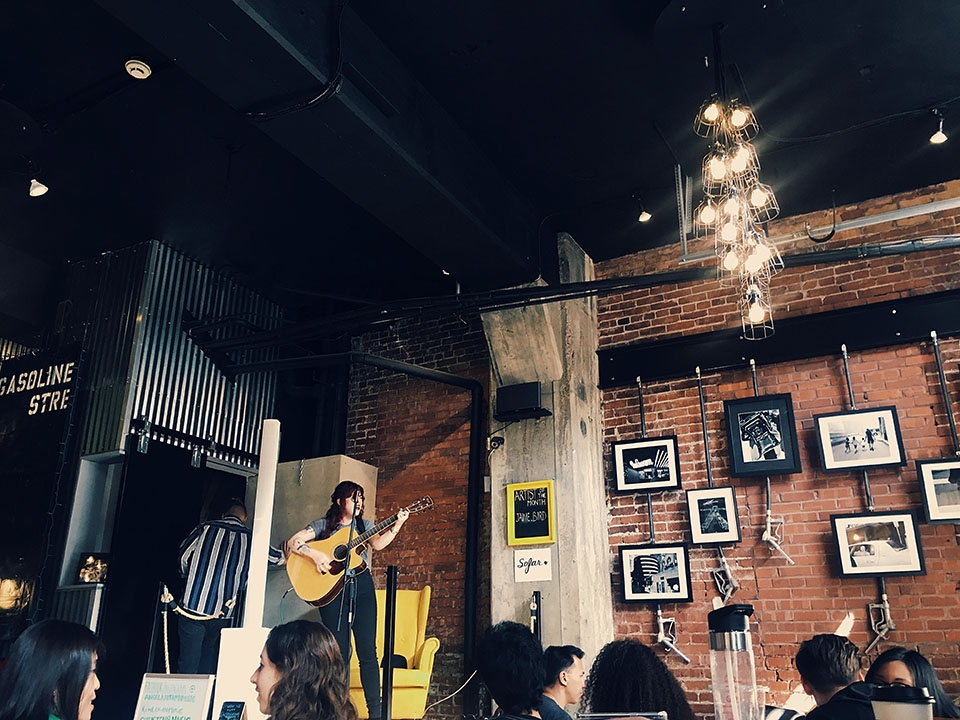
Rio Scarcelli | staff writer
Oct. 14, 2021
With or without a diagnosis, neurodivergent people process sociability, attention, learning, mood and other mental abilities unlike the average person. An idea that is less often sought out is the amount of strength and originality that can be inspired from neurodiversity. This concept was the foundation that created Divergent Musicalities, a two-day workshop encouraging the inclusion of individuals on the autism spectrum within music and art.
The event is scheduled for Oct. 16 from 7 tp 8:30 p.m. in the PNC Recital Hall at the Mary Pappert School of Music and Oct. 17 from 1 to 3 p.m. in the Thomas D. Pappert Center for Performance and Innovation. The concept was co-created by Musicianship professor Paul Miller and Psychology Department Chair Elizabeth Fein.
“The first day is about making music together, and it will feature performances. The second day digs deeper into more intellectual questions, and is meant to help us all gain a better understanding of what autistic folks need, how they perceive the world and how to better meet their needs,” Miller said.
To bridge the gap between psychology and music, the two collaborated to make a colloquium that would include concerts, speeches and workshops led by creative minds on the autism spectrum, hoping to communicate their own experiences surrounding music.
Divergent Musicalities is an event that’s been three years in the making. The event attempted to debut in March — one week before the Covid-19 lockdown occurred — and event organizers had to reschedule. However, this gave Miller and Fein the ability to plan more speakers and events as well as heavily flesh out their vision for the colloquium.
“This is the kind of thing that would be incredibly helpful for anyone looking to go into education, as inevitably you will meet people on the spectrum,” Miller said. “Learning how to recognize autism quickly and knowing how to accomodate a wider, more diverse array of learners is one of those skills that any educator needs to have.”
The colloquium invites people who are on the autism spectrum and those who wish to learn more about the unique ways that they process music.
“I feel that people on the spectrum can become very passionate about music, and be a really important form of expression for those who struggle with finding a way to communicate themselves,” Fein said. “To be seen and recognized by other people with the intensity and passion of their interests can allow them to make creative contributions.”
Miller said that he’s taught violin lessons to people who he later found out were on the autism spectrum. This experience gave him insight on the way that their abilities can be showcased. He said that many people on the autism spectrum have “astonishing abilities to memorize large amounts of information, and recite it back with incredible accuracy.”
Both Miller and Fein’s careers have allowed them to meet creators, musicians and scholars who have done work to advocate for their talents and passions. Through this, they were able to gather a group of diverse speakers both on and off the Spectrum to be able to educate people on a topic they feel should be more discussed. One of the people invited to the event, musician Jennifer Msumba, intends to share her experience finding acceptance with her diagnosis through music.
“Having a way to guide my physical and emotional feelings has been so important to me. For me, it is music,” Msumba said.
From the time Msumba wakes up, she is always thinking about music be it listening to Spotify or writing a song. She said that music gives her focus and helps her “process and regulate herself.”
“If I did not have music, I would be anxious, have meltdowns and reactions,” Msumba said. “I am so thankful for music and I hope other people can use it as an outlet more commonly.”
Divergent Musicalities attempts to open up communities and conversations, so that people with autism can advocate for themselves and make their needs clearer, Miller said.
“Folks on other parts of the spectrum can do a better job listening carefully and finding ways to accomodate a wider range of collaborators, so I do hope that this colloquium will lead to more music-making among more people,” Miller said.
Both Miller and Fein agreed that music can be communicated in so many different ways, and the way that people process concepts like learning a song or understanding music can be best told by those who experience it.
Msuamba’s brain does not process music the way most people do, she said. She feels she has a lot of trouble reading music but if she hears a song, she’s able to play it without music.
“It is something inside of me. I breathe the music and take breaths to the rhythm,” she said. “My eyes would go back and forth like a conductor. I would see the spaces between the notes and make a map of the music. It is almost three-dimensional to me.”
Organizers hope to make the event recurring, and Fein said she hopes people leave the event “feeling more confident and comfortable to create creative communities that can include people on the spectrum.”
“What I would like to do with this event is to inspire people to learn what they need to learn and open some of those doors to normalize the strengths of people who are neurodivergent, as opposed to isolating their differences,” Fein said.
“I think that art can be used to depict to people on the spectrum that we have other dimensions besides being on the spectrum,” Msumba said.
Msumba wanted to emphasize that many people with autism have so many facets that can shape them.
“We have goals, we have a potential for our lives and we have a place where we belong,” she said.



